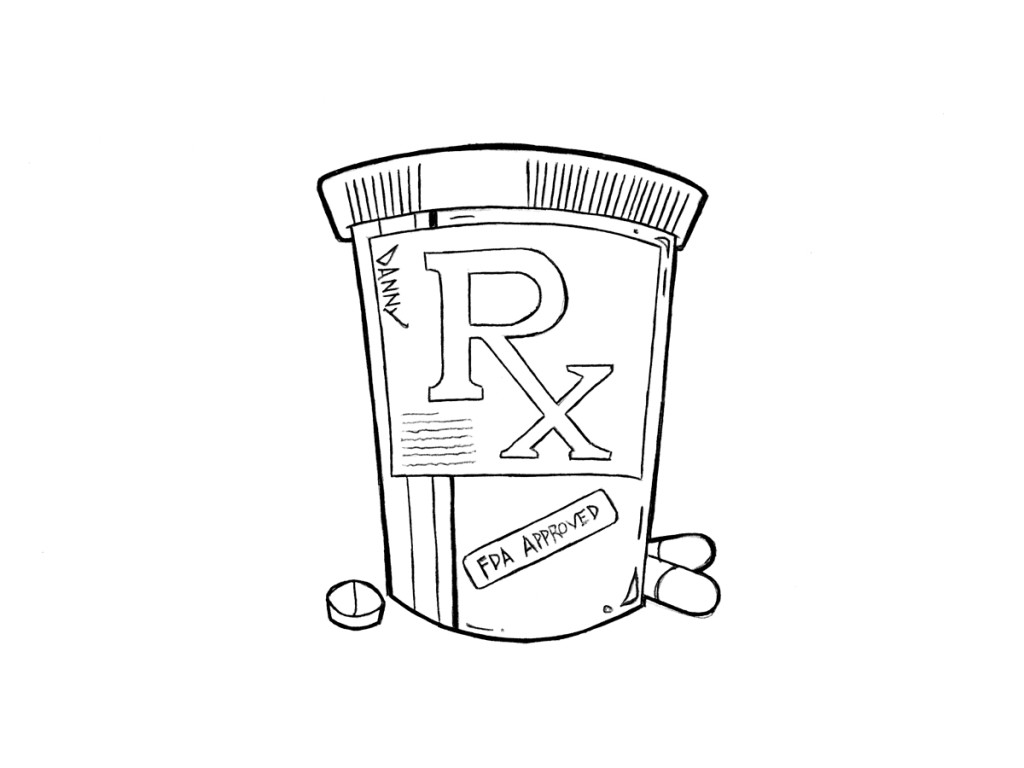Anyone who watches TV the original way, with the seemingly one-to-one ratio of actual programming to commercials, has probably seen commercials advertising the latest prescription medicine. Medical science seems to put out a new treatment every month or so for medical problems ranging from diabetes to hepatitis. This, in and of itself, is not a problem; it is admirable that there is so much effort being made to overcome the maladies of today.
The problem is, just as often as there are ads for medicines, there are commercials proclaiming that one of these medications has caused someone unexpected harm, prompting a lawsuit against the manufacturer. In these cases, there is presumably a large number of people who developed complications not described on the warning label of the product. In other words, they did not know they were taking a cure that could kill the patient.
It is extremely unfortunate that some people are harmed by the medicine they take, especially if it ends up being fatal, but what makes such deaths tragic is that they probably could have been avoided. Every drug has to be evaluated by the Food and Drug Administration (FDA) for safety before being released to consumers. The issue, however, is that a majority of drugs under development today are put on special approval pathways that expedite the process of approving the drug. New drugs reach the public before they get the testing that would have been required in years past, meaning that potential problems with taking drugs may go unnoticed.
The primary motive for pharmaceutical companies to push Congress into approving these special programs — and they spend hundreds of millions of dollars on such lobbying — is greed, pure and simple. The reasoning is equally simple: the faster a drug is approved for sale (regardless of whether it has had adequate testing done), the sooner it can begin turning a profit; and profit they do, to the tune of $300 billion a year. Granted, these companies must have some interest in helping people afflicted with disease, which is the stated reason for the FDA’s special approval paths that intend to expedite treatments for serious illness, but one look at the dollar signs and one realizes that they are in it for the money.
There should be no excuse for a company to sell a product that can end up harming its user for reasons not explicitly described on the package. Therefore, the punitive lawsuits that result when pharmaceutical companies distribute inadequately tested drugs are the punishment they deserve. However, while financial compensation might be marginally acceptable for victims of the damage caused by these companies’ faulty products, it would be better if there were no cause for anyone to be a victim in the first place. Enforcing the original approval process with no shortcuts except in exceptional (read: not the majority of) cases, so that all the potential side effects of a new drug are discovered and addressed, would prevent consumers from having to face the pain of injury or loss that is a consequence of faulty drugs. For that matter, pharmaceutical companies are saved the hassle and cost of dealing with multi-billion dollar lawsuits over problems with their products.
Ethically speaking, a question arises as a consequence of such a policy: Is it right to let people suffer, or possibly die, because the government slows the release of a drug to prevent potential injuries? There is no easy answer to this question, but two factors should be considered when attempting to answer it. First, one must consider the ratio of people who will benefit from rushing out a treatment to the number who might be endangered by the incomplete (or less complete) testing this would entail. Second, not all the drugs released treat life-threatening diseases, so delaying such drugs is not a matter of life or death.
The last thing someone enduring any painful disease needs is to be hurt because they were mistaken in believing their medicine was safe. If such mistakes can be avoided by ensuring thorough examinations of new medical products, then perhaps patience is the way to go to help patients.









